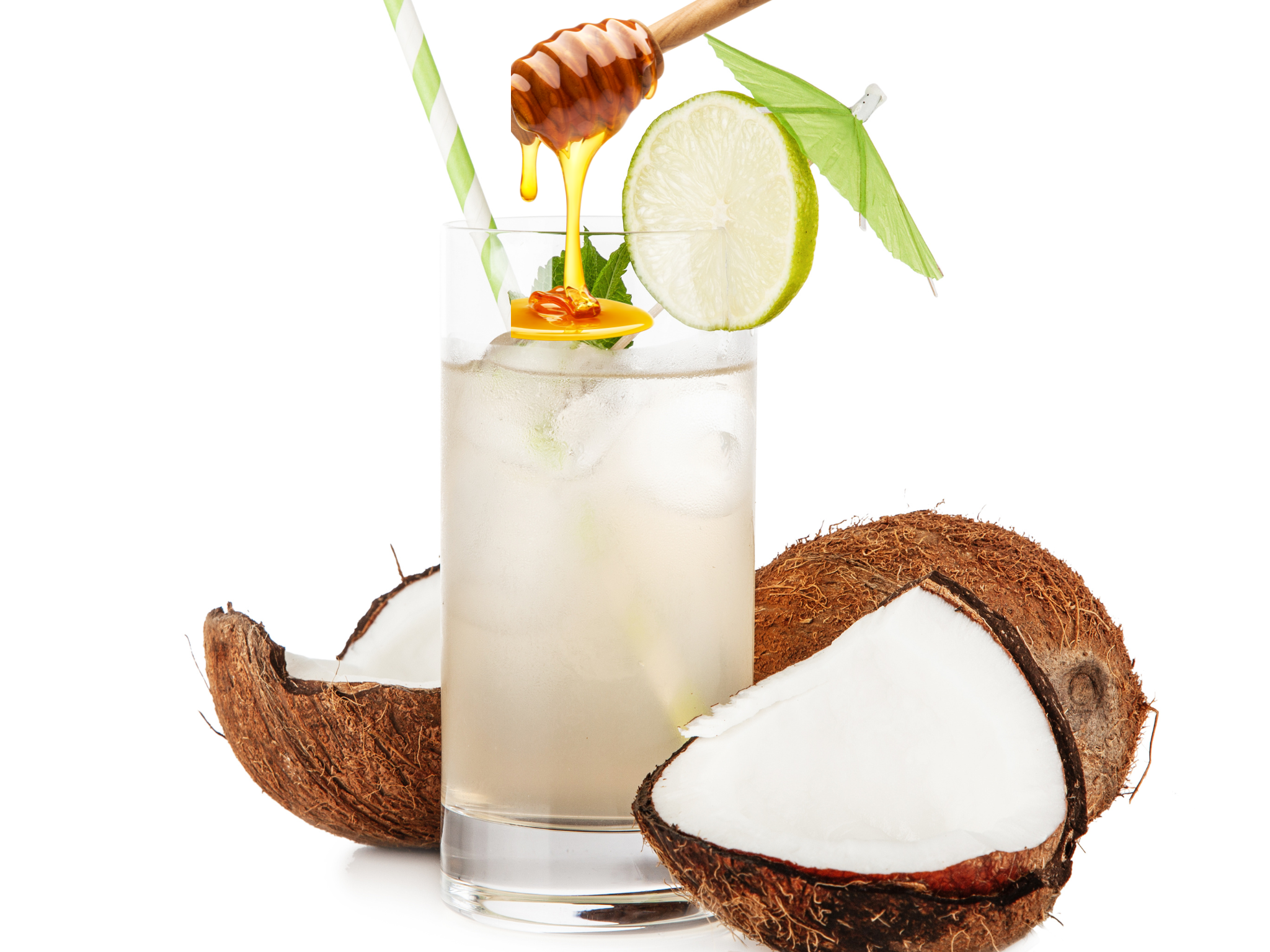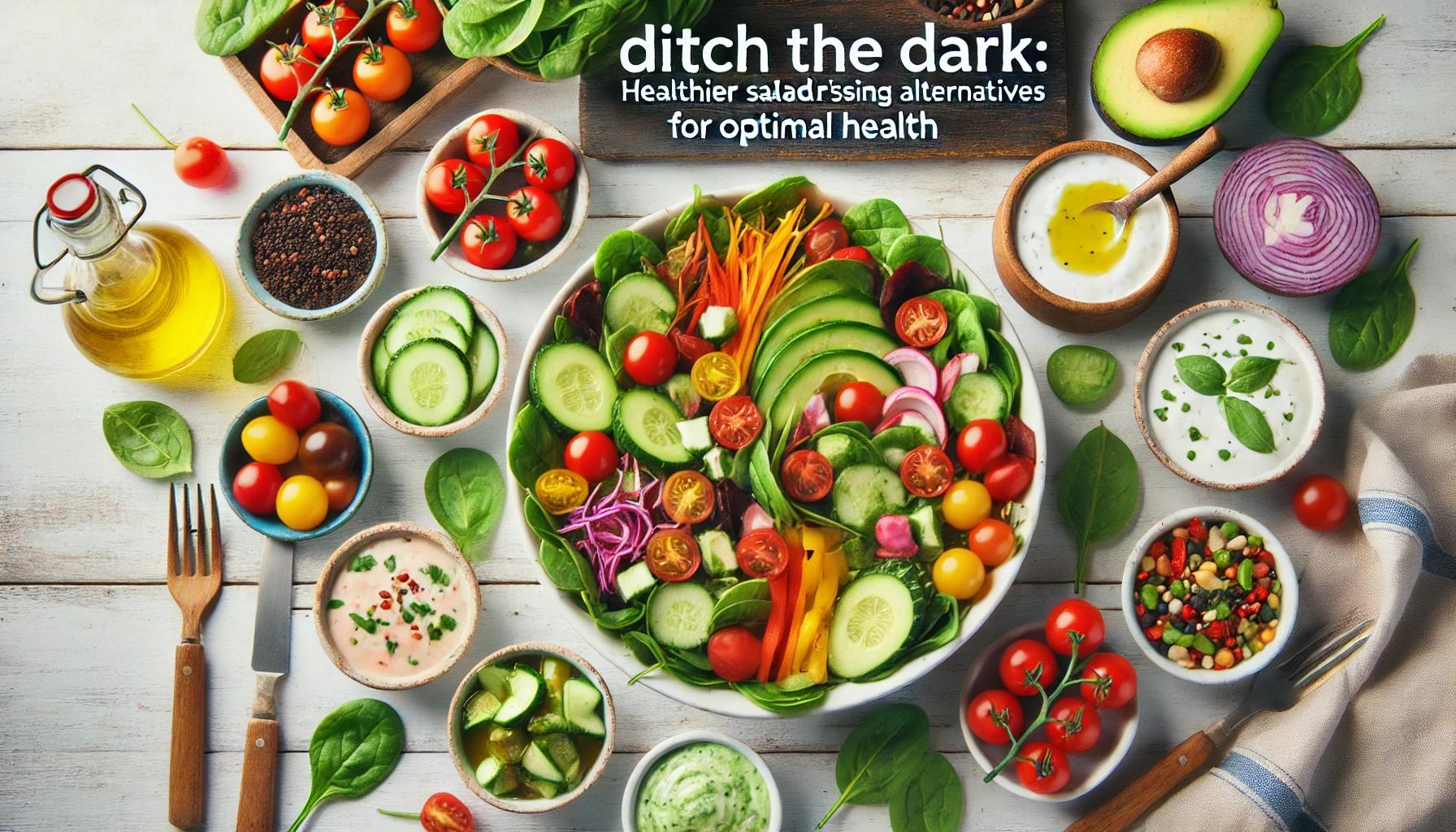Coconut water is a clear liquid extracted from the inside of young green coconuts. It is a popular beverage and is often praised for its potential health benefits. Additionally, it is sometimes suggested as a natural source of electrolytes and a potential substitute for intravenous (IV) fluids in emergencies, although it is not a recommended replacement for blood transfusions. Here are some health benefits associated with coconut water and electrolytes:
1. Hydration and Electrolyte Balance:
Coconut water is rich in electrolytes, including high levels of potassium (250 mg), sodium (105 ml), magnesium, calcium, and phosphorus.
These electrolytes help maintain proper fluid balance in the body, support hydration and are essential for various physiological functions.
2. Rehydration After Exercise:
The electrolyte content in coconut water makes it a popular choice for rehydration after exercise, helping to replace fluids and electrolytes lost through sweating.
3. Low in Calories and Sugar:
Coconut water is a low-calorie and low-sugar beverage compared to many commercial sports drinks, making it a potentially healthier choice for hydration.
4. Antioxidant Properties:
Coconut water contains antioxidants, such as cytokinins, which may help neutralize free radicals in the body and contribute to overall health.
5. Blood Pressure Regulation:
The potassium content in coconut water may help regulate blood pressure by counteracting the effects of sodium.
However, while coconut water can be a refreshing and nutritious beverage, it is not a suitable substitute for blood transfusions. Blood transfusions are medical procedures that involve the intravenous transfer of blood or blood components from a donor to a recipient. Blood transfusions are critical in situations such as severe blood loss, anemia, surgery, and certain medical conditions.
Coconut water lacks the necessary components, such as red blood cells, platelets, and plasma, that are vital for a blood transfusion. Attempting to use coconut water as a substitute for blood transfusions would not provide the essential components required to address severe medical conditions.
It’s important to note that in medical emergencies or situations requiring blood transfusions, professional medical intervention is essential. Coconut water, while a hydrating and nutritious beverage, should not be considered a medical treatment for severe health conditions. Always consult with healthcare professionals for appropriate medical advice and interventions.
HONEY
Honey is a natural sweetener that has been used for centuries for its potential health benefits. It is produced by bees using nectar from flowers, and its composition includes sugars, enzymes, amino acids, vitamins, and minerals. While the specific health benefits can vary based on the type of honey and its processing, here are some general advantages associated with consuming honey in moderation:
Antioxidant Properties:
Honey contains antioxidants, such as flavonoids and polyphenols, which help protect the body from oxidative stress and free radicals.
Wound Healing:
Honey has natural antibacterial and antifungal properties, making it a traditional remedy for wound healing. It can create a protective barrier, prevent infection, and promote tissue repair.
Cough and Sore Throat Relief:
Honey is a common home remedy for soothing coughs and relieving sore throats. It can help coat the throat, alleviate irritation, and may have mild antiviral properties.
Gastrointestinal Health:
Some types of honey, particularly raw and unprocessed varieties, may have prebiotic effects that support the growth of beneficial bacteria in the gut.
Energy Source:
Honey is a natural source of carbohydrates, providing a quick energy boost. Athletes often use it as a natural alternative to processed sugars for energy during exercise.
Cough Suppressant:
Honey is effective in reducing cough frequency and improving sleep quality, making it a potential alternative to over-the-counter cough medications.
Allergy Relief:
Consuming local honey may expose individuals to small amounts of local pollen, potentially helping the body build tolerance and reduce allergy symptoms. However, scientific evidence supporting this is limited.
Skin Care:
Applied topically, honey can moisturize and nourish the skin. Its antimicrobial properties may also help with certain skin conditions.
Heart Health:
Some studies suggest that honey may have a positive impact on heart health by reducing risk factors such as cholesterol levels and blood pressure.
It’s important to note that these potential benefits are associated with moderate and responsible consumption of honey. Excessive sweetener intake, including honey, can contribute to health issues such as weight gain and dental problems.
When using honey for its potential health benefits, it’s advisable to choose raw and unprocessed varieties, as processing and heating can reduce the content of beneficial compounds. However, infants under one year of age should avoid consuming honey due to the risk of botulism, a rare but serious illness. Always consult with a healthcare professional for personalized advice, especially if you have specific health concerns or conditions.
Baking Soda A Supercharged Acid Reflux Reliever (Recipe)
Because acid reflux typically results from having too little acid in your stomach, you can help improve this by mixing 2 tablespoons of raw, unfiltered, apple cider vinegar into a 6-to-8-ounce glass of water.
Adding 1 tablespoon of baking soda to this mixture to further help neutralize your internal fire. Be prepared, however: this mixture will rise like a volcano. Please wait for it to subside then drink all of it at once.









